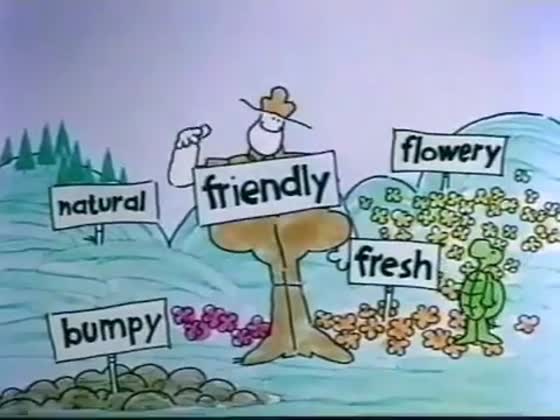Adjectives can get a bad rap. Folks who fancy themselves as austere with a pen or keyboard as Hemingway overargue that the best writing comes from nouns and verbs, not adjectives and adverbs. That is generally true, of course, but only in the same way that home runs are the best way to score in baseball. Singles are still necessary to maximize how many runs you put on the scoreboard. And adjectives, properly employed, give your sentences lots of opportunities for RBIs (Readers Brought In).
Sure, one key is not to use too many of them, stringing three together before every noun like boxcars leading to a caboose. But another, and I think the more important consideration, is to make them potent enough to matter. That’s right, you do not want to populate your communications with flaccid adjectives.
Consider the end of that last sentence as an example. I could have said, “you do not want to populate your communications with bad adjectives.” But what does “bad” really tell you? That they’re not good. Have a nice day. But “flaccid” conveys “bad” in addition to layering in “weak,” “insufficient” and “less than hoped for.” One word offering shades of meaning, denotatively and connotatively. The grammatical difference between vanilla and rocky road ice cream.
So, while I’d never suggest not giving your writing a once over to eliminate superfluous adjectives, I will suggest the more robust editing comes from launching a search-and-destroy mission on limp ones. It’s how you simultaneously economize and electrify your sentences.



Recent Comments